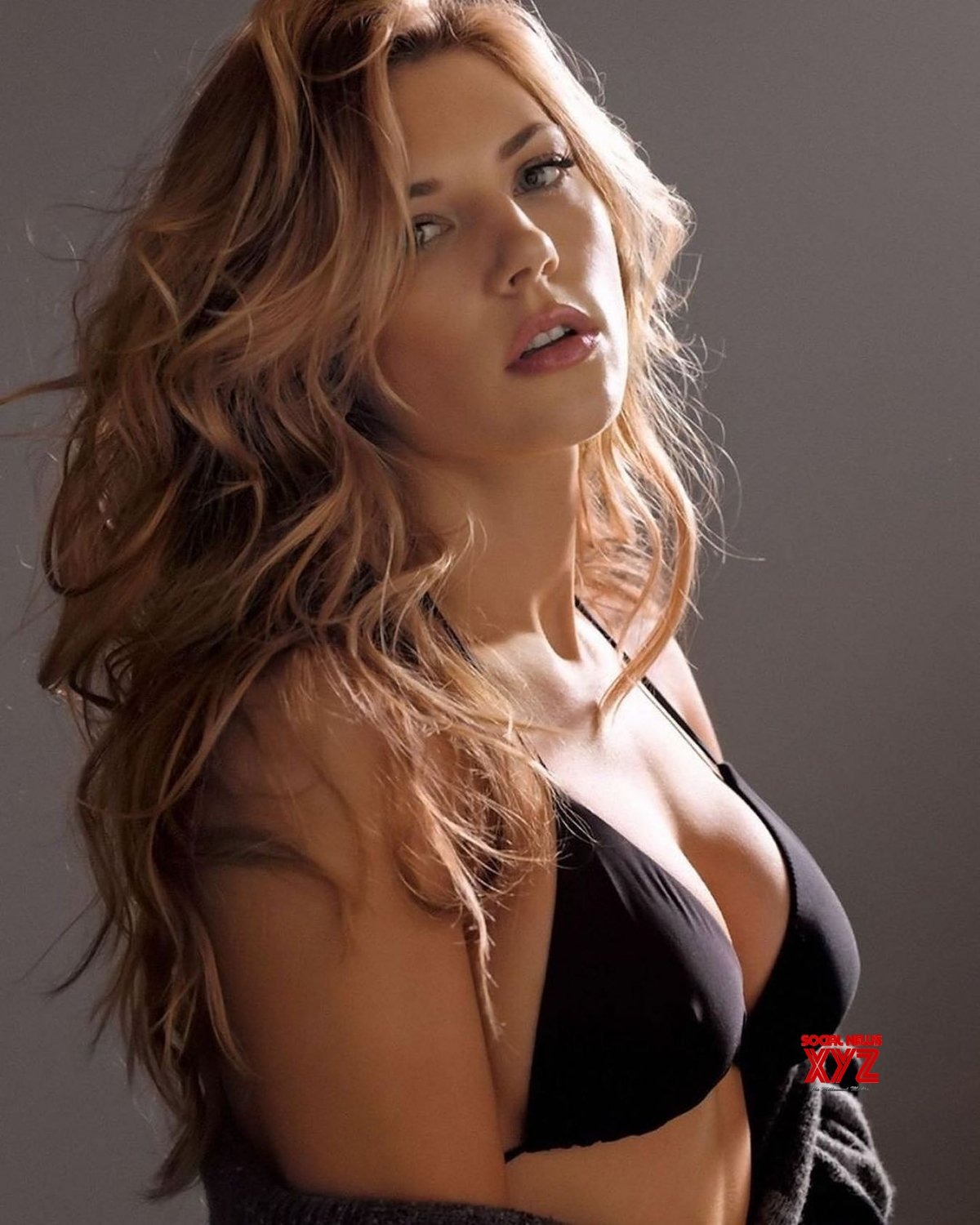In a surprising development that disrupted the traditional release tactics of Hollywood, Scarlett Johansson, the talented actress known for her role in the popular film Black Widow, filed a lawsuit against the Walt Disney Company. The legal action taken by Johansson revolves around Disney’s controversial choice to simultaneously release ‘Black Widow’ in both theaters and on the streaming service Disney+, a decision that she believes violated her contract and had a negative impact on her earnings, as her salary was heavily dependent on the movie’s success at the box office.

Scarlett Johansson’s performance in Marriage Story has been highly praised by critics. The film industry has been facing challenges due to the impact of the COVID-19 pandemic, and the release of ‘Black Widow’ marked a significant moment. Despite an impressive $80 million debut weekend, the movie’s box office numbers declined rapidly, which some experts attribute to its availability on Disney+. This move by Disney has sparked discussions about the ongoing debate between traditional theatrical releases and the growing popularity of digital streaming platforms.

Scarlett Johansson, who is the lead actress and also executive producer of ‘Black Widow,’ claimed that her contract included a provision for a theatrical release, which was crucial for determining her salary. This legal action, first disclosed by The Wall Street Journal, highlights the increasing worries among actors and filmmakers about how the shift to digital platforms is affecting movie releases and earnings.

Disney held its ground in the face of Johansson’s legal action, maintaining that their simultaneous release approach did not breach any contracts and actually helped her earn more money in addition to the $20 million she already received. This response not only disputes Johansson’s allegations but also showcases the company’s efforts to adjust their distribution tactics in light of pandemic-related obstacles.

The ongoing legal battle between Johansson and Disney is shedding light on the bigger picture for the future of Hollywood. As studios such as WarnerMedia have started to rework talent agreements to allow for both streaming and cinema releases, Johansson’s situation highlights the issues that can arise when these changes aren’t agreed upon by all parties involved.

Scarlett Johansson’s legal battle with Disney goes beyond a simple contract dispute, marking a significant moment in the film industry’s evolution towards a digital-first era. With Hollywood still grappling with the aftermath of the pandemic, the resolution of this lawsuit could redefine how studios and actors work together in the age of streaming platforms.

This situation not only showcases the difficulties artists and creative individuals encounter when trying to obtain fair payment, but also indicates a significant reassessment of what the cinema experience will involve in the coming years. Reflecting on this event, it is evident that the Black Widow’s story is not just about a film premiere, but about the changing landscape of influence, earnings, and artistic authenticity within the entertainment industry.



